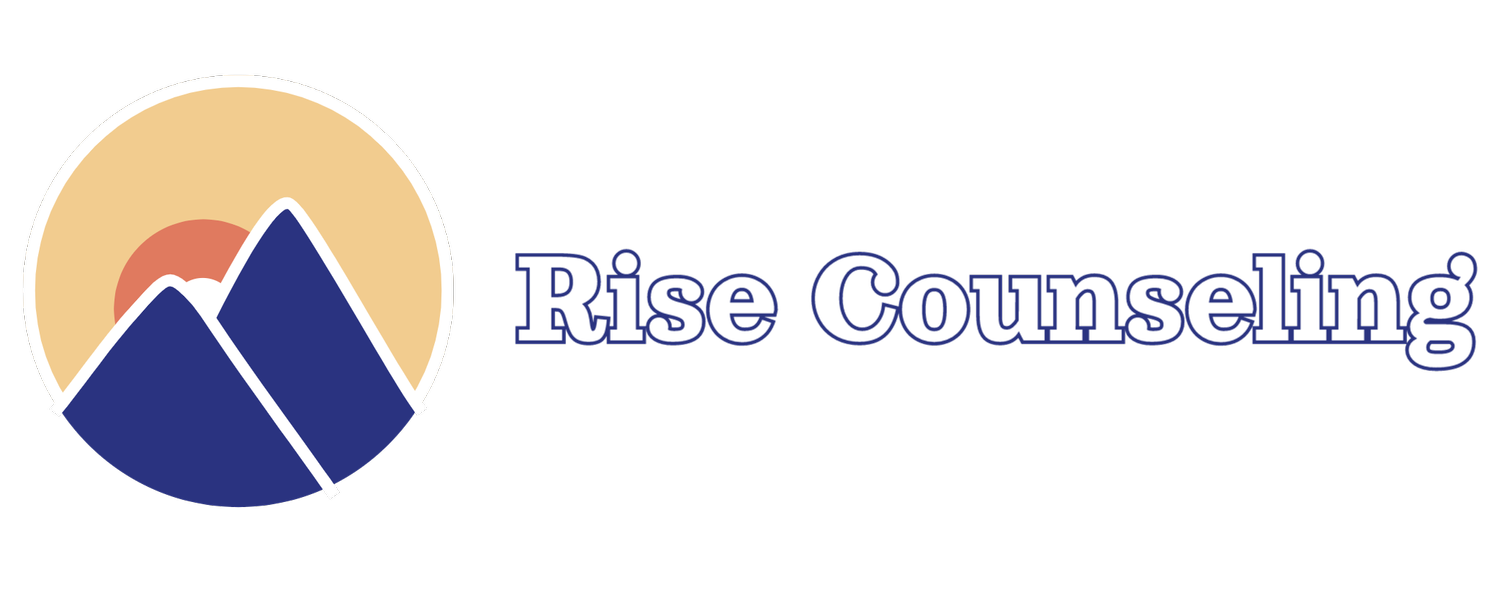Are These Symptoms of Depression?
When it comes to the way we think about depression, there can be a lot of stereotypes about what depression looks like -- whether it be the person who can’t even get the energy to leave their house, the person who sleeps all day, the person who struggles with suicidal thoughts or thinks about harming themselves regularly; we all have an image that comes to mind when we think of depression. And while these can be elements of depression, there are other more subtle aspects that can be harder to notice, but may still be signs of struggling with depression. These are some of the symptoms that can often be overlooked.
Losing Interest in Previous Interests
One subtle sign of depression is lacking interest in things that used to be relaxing or life-giving and losing a desire to be involved in them. If there are hobbies that you used to enjoy like playing soccer, going shopping, or baking and you no longer enjoy doing these kinds of activities for no sudden reason, this may be a sign that you’re starting to feel depressed.
Loss of Appetite
Feeling less hungry than usual, or just having no desire to eat can be another indicator that you might be battling depression. On the opposite end of the spectrum, if you find yourself eating more than usual and having lots of snacks and or unhealthy foods, this could also mean that you’re feeling depressed and looking for food to boost your mood.
Social Withdrawal
Another indicator of depression is wanting to spend less time going out to brunch with friends, going to a party, meeting up one-on-one with a friend to talk, or withdrawing from coworkers. Social isolation can even look like disconnecting from people in your life by not answering texts, engaging in social media, or ignoring calls from others who want to check in on you. Even if it isn’t a particular thing that you do to distance yourself from friends, noticing a lack of desire to be with friends can also be a symptom of depression.
Decreased Energy and Fatigue
Having trouble getting through the normal tasks in your day or feeling overly exhausted and overwhelmed by the things you need to accomplish can be one aspect of depression. If you’re getting the same amount of sleep as other times in your life and do not have any big changes in your typical routine, depression could be the culprit.
Ruminating Thoughts
Constantly worrying about the future, dwelling on negative thoughts, and having thoughts that spiral and jump to the worse case scenario are some other signs of depression. This can look like anxiety or having more negative thoughts than previous times in your life.
Fighting the Stigma
Any aspects of mental illness are stigmatized in our culture, and depression is not an exception. But the reality is that there are more than 3 million cases of clinical depression in the US per year, and this number is only growing. Depression is not a death sentence, nor does it mean that you will struggle with it for the rest of your life. Depression can be temporary for some people and it is also treatable. If you are struggling with depression, know that there is hope and that you have options.
If you find yourself struggling with depression or even wondering if you’re struggling with your mental health, it could be worth reaching out to begin therapy and get a second opinion.
